Description
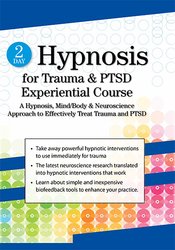
-
Carol Kershaw, Bill Wade – 2 Day Hypnosis for Trauma & PTSD Experiential Course
- Faculty:
- Carol Kershaw | Bill Wade
- Duration:
- 12 Hours 1 Minutes
- Format:
- Audio and Video
- Copyright:
- Jan 18, 2018
Description
Your clients have endured stressful and traumatic experiences which often results in less ability maintain health and to fully provide self-comfort. This course is designed to help you understand more the neurological and psychological patterns that create PSTD symptoms. This course will focus on developing strategies to help traumatized clients heal by changing these patterns.
Hypnosis is a powerful tool that you can add to your clinical toolbox for treating trauma. When it’s used with the brain in mind, hypnosis provides effective interventions to help clients interrupt negative patterns, live more in joy with the ability to self-motivate, and accomplish life goals.
During this course, special emphasis will be given to understanding how trauma affects the brain and can lead to symptoms such as anxiety, depression, panic, insomnia, obsessive-compulsive behavior and difficulty handling anger. You will learn how to treat these symptoms with the use of hypnosis.
Watch hypnosis experts and trainers, Carol Kershaw and Bill Wade, as they demystify and simplify hypnosis so you can start using it with your traumatized clients immediately. They will break down the research that supports hypnosis for trauma and teach you how to implement it into your clinical work. You will learn through demonstration, case- examples, lecture, experiential exercises and hands-on experience.
This is a course you don’t want to miss!
Handouts
| Manual 053195 (3.3 MB) | 65 Pages | Available after Purchase |
Outline
Neurophysiology of Trauma/PTSD
- Impact on the nervous system
- Impact of trauma on the brain
- Impact of stress on the brain
- Vagal Nerve Activation-Stephen Porges
Adverse Childhood Experiences (ACES)
- Intense and prolonged trauma
- Developmental trauma
- Seizure activity with trauma
Trauma and Attachment
- Attachment styles
- Trauma and dissociation style attachment
- Attachment and relationships
Latest Neuroscience Research on Body/Mind Healing
- Body/Mind as frequency, light and innate healing abilities
- Discovery of filament structures in body carrying information
- Cellular biophoton release
- Limitations with research
Long-Term Stress and Its Impact on the Limbic System
- Symptoms of limbic over arousal: Anxiety, startle response, panic, obsessive-compulsive patterns, anger, insomnia
- Symptoms of limbic under arousal: Depression, negative thinking and altered perception of experiences
Essentials of Clinical Hypnosis
- Definition of hypnosis as resource activator
- Focused attention and suggestion
- Hypnotic language
- Conversational hypnosis
- Psychotherapy as hypnosis
- EEG hypnosis
Put Clinical Hypnosis to Practice
- Simple Inductions
- Changing Mental States
- Strategies to Interrupt Rumination
- Strategies for Anxiety, Depression, Calming the Nervous System
- Experiential exercises to practice the skills learned
- Demonstration: EEG Hypnosis
Strategies for Developing Traumatic Memory Reconsolidation
- Retrieval and disruption
- How to move a memory from short term to long term
- State dependent memory and learning
Focused Attention as a State of Negative or Positive Hypnotic Trance
- How optical system may play a role in symptom formation and removal
- Focus on “nothing” helps eliminates negative thought
Simple Biofeedback Tools Paired with Hypnosis to Support Post Traumatic Growth
- Heartmath HRV training
- Temperature training
- Breath training and meditation
- Galvanic skin response training
How to Avoid Common Mistakes in Talk Therapy that May Make Trauma Symptoms Worse
- Too much attention on feelings
- Too much emphases on the trauma story
Faculty
Carol Kershaw, Ed.D. Related seminars and products: 5
Carol Kershaw, Ed.D., is a licensed psychologist and co-director of the Milton Erickson Institute of Houston and co-author of Brain Change Therapy: Clinical Interventions for Self Transformation (2012 WW Norton), co-author of The Worry Free Mind (Career Press) and author of The Couple’s Hypnotic Dance (Brunner/Mazel). She is board certified in Neurofeedback, a member of the American Psychological Association, and approved consultant for the American Society of Clinical Hypnosis. She is an international trainer and is a frequent presenter in the states on the most cutting edge interventions based in neuroscience and hypnosis. Carol has been featured on ABC, CBS, Fox and NBC for her cutting-edge work.
Speaker Disclosure:
Financial: Carol Kershaw receives royalties as an author for W.W. Norton and Company. She receives a speaking honorarium from PESI, Inc.
Non-financial: Carol Kershaw has no relevant non-financial relationship to disclose.
Bill Wade Related seminars and products: 3
Bill Wade, M.Div., LPC, LMFT is a licensed professional counselor and marriage and family therapist, author and international trainer. Co-director of the Milton Erickson Institute of Houston he is also a co-author of Brain Change Therapy: Clinical Interventions for Self-Transformation and The Worry Free Mind: Train Your Brain, Calm The Stress Spin Cycle, and Discover a Happier, More Productive You. Bill has taught extensively in the states on neuroscience and has also taught meditation and given Dharma lectures at various Buddhist temples.
Speaker Disclosure:
Financial: J. William Wade maintains a private practice. He receives royalties from W.W. Norton, Amazon Books and CDS. He receives a speaking honorarium from PESI, Inc.
Non-financial: J. William Wade is a member of the American Association for Marriage and Family Therapy; American Counseling Association; and Texas Association for Marriage and Family Therapy.
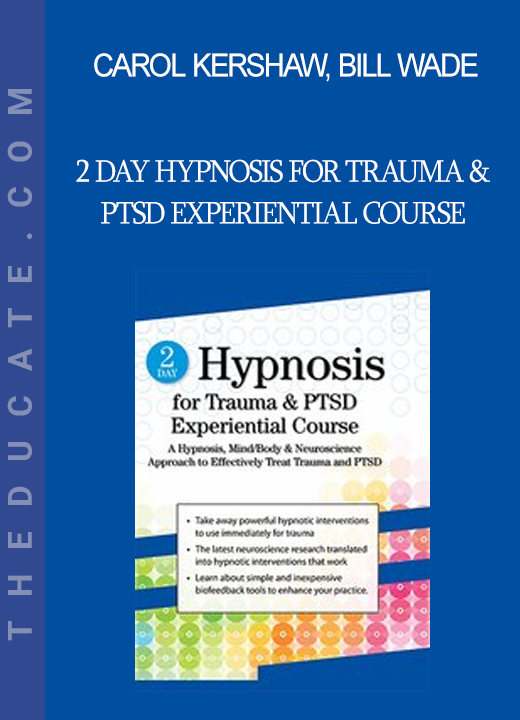

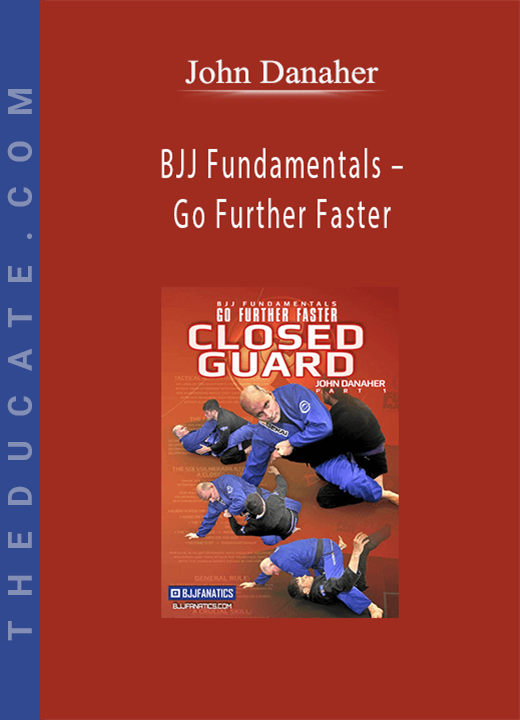
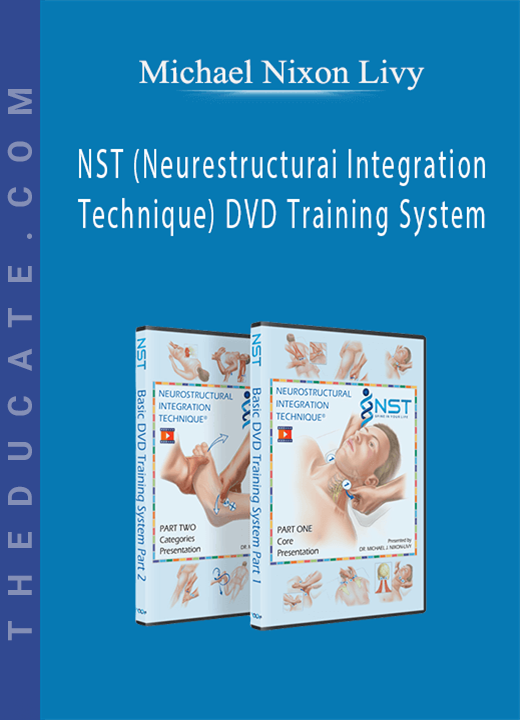
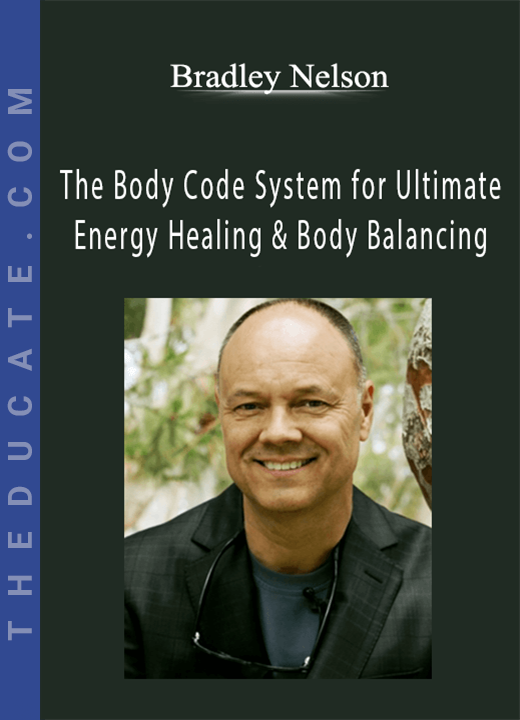
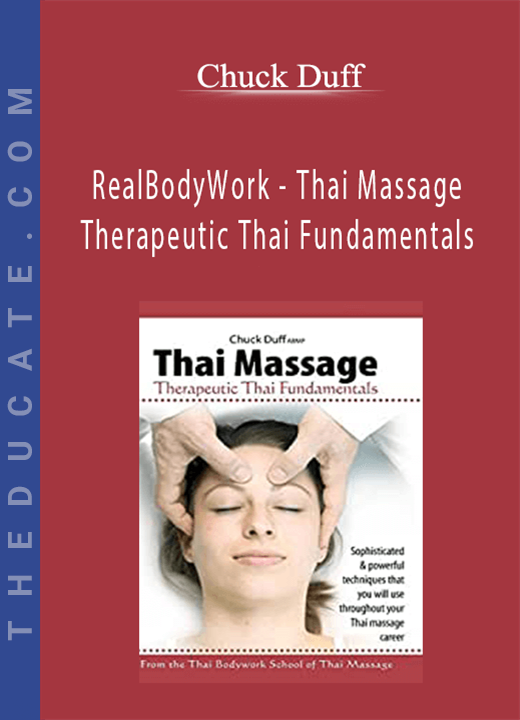
Reviews
There are no reviews yet.